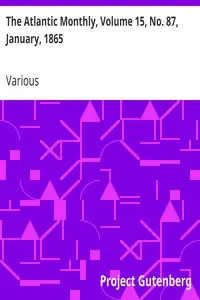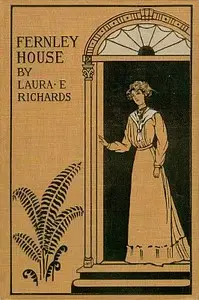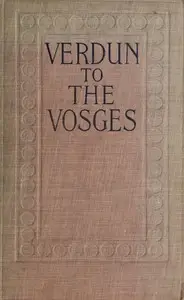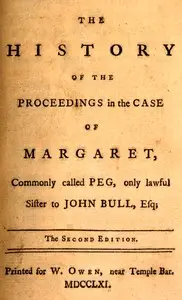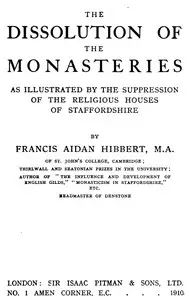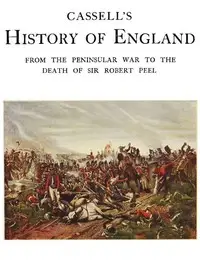"Commentaries on the Laws of England, Book the First" by Sir William Blackstone is a comprehensive academic text written in the late 18th century. The work is designed to serve as a systematic presentation of English law, focusing on the civil polity and legal framework of the time, compiled from Blackstone's lectures at the University of Oxford. It aims to enlighten readers about the legal principles that govern society and the importance of legal knowledge in the context of personal rights and responsibilities. The opening of the work sets the stage for Blackstone's exploration of English law by discussing the significance of legal education and the long-standing neglect of such instruction within universities. Blackstone reflects on the necessity for gentlemen and scholars to be acquainted with the law, illustrating that understanding legal principles is vital for leadership and responsible citizenship. He emphasizes the importance of law in ensuring justice and the protection of liberty, indicating that the subsequent sections will delve into the specific rights of individuals, the role of Parliament, and the nature of governance in England. (This is an automatically generated summary.)
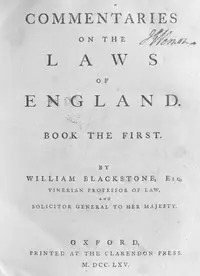
Commentaries on the Laws of England, Book the First
By William Blackstone
"Commentaries on the Laws of England, Book the First" by Sir William Blackstone is a comprehensive academic text written in the late 18th century. The...
Sir William Blackstone was an English jurist, justice and Tory politician most noted for his Commentaries on the Laws of England, which became the best-known description of the doctrines of the English common law. Born into a middle-class family in London, Blackstone was educated at Charterhouse School before matriculating at Pembroke College, Oxford, in 1738. After switching to and completing a Bachelor of Civil Law degree, he was made a fellow of All Souls College, Oxford, on 2 November 1743, admitted to Middle Temple, and called to the Bar there in 1746. Following a slow start to his career as a barrister, Blackstone became heavily involved in university administration, becoming accountant, treasurer and bursar on 28 November 1746 and Senior Bursar in 1750. Blackstone is considered responsible for completing the Codrington Library and Warton Building, and simplifying the complex accounting system used by the college. On 3 July 1753 he formally gave up his practice as a barrister and instead embarked on a series of lectures on English law, the first of their kind. These were massively successful, earning him a total of £453, and led to the publication of An Analysis of the Laws of England in 1756, which repeatedly sold out and was used to preface his later works.


